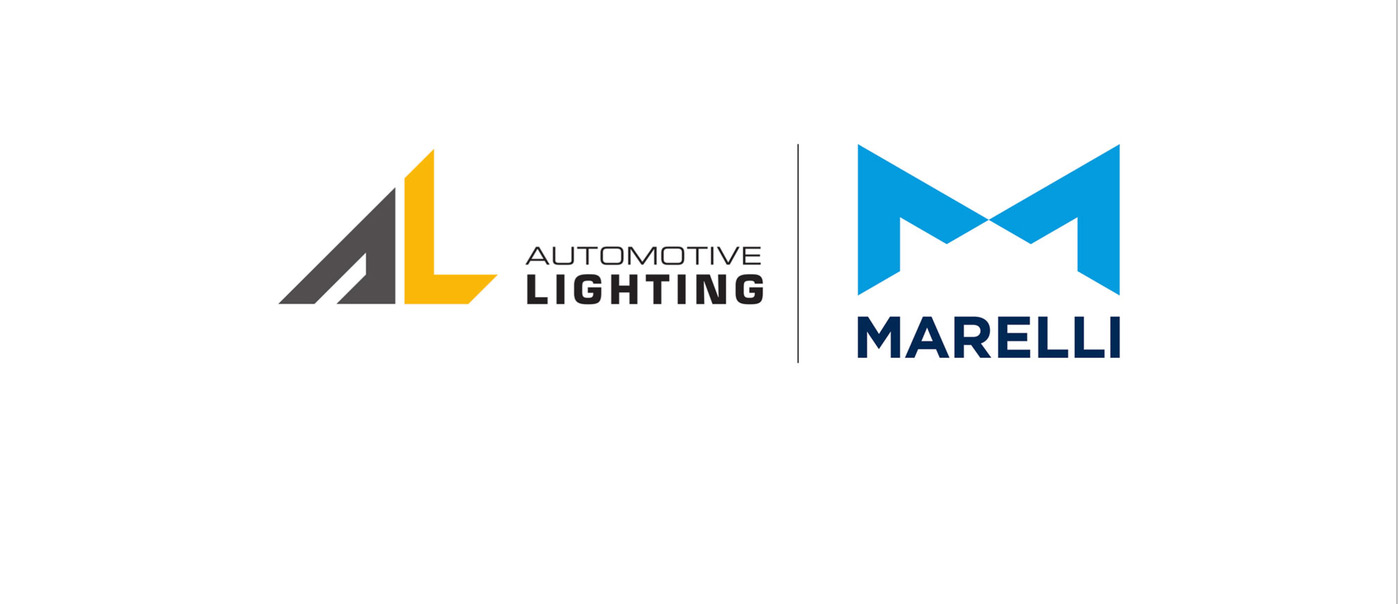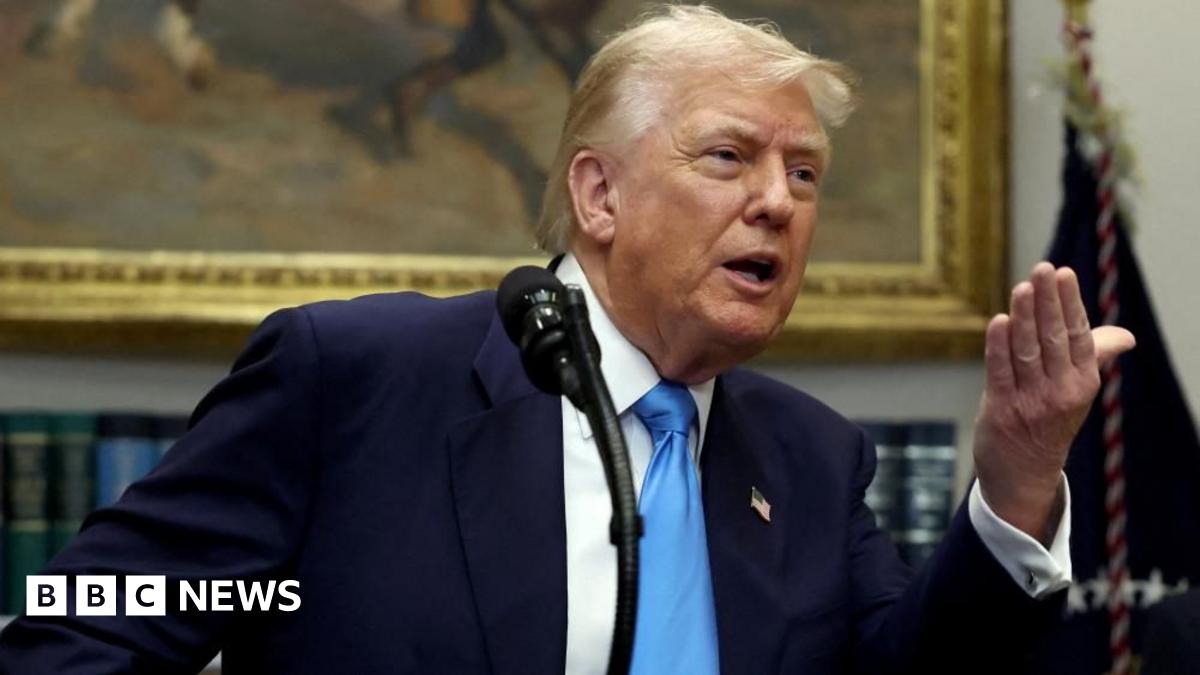What Happened
Marelli Corp, a significant supplier in the automotive industry, has filed for Chapter 11 bankruptcy protection in the United States. This decision comes after a prolonged period of uncertainty regarding its financial negotiations with creditors. The company, which specializes in manufacturing car interiors and lighting, is owned by private equity firm KKR. In conjunction with the bankruptcy filing, Marelli announced that it has secured $1.1 billion in new financing from its lenders, with approximately 80% of them agreeing to support its restructuring efforts.
Marelli’s financial challenges stem from a combination of factors, including a substantial total debt obligation of about $4.9 billion and adverse impacts from the global trade war, which affected its liquidity due to tariffs on automotive imports and exports. The company has stated that it does not expect any operational disruptions as it navigates through the Chapter 11 process. Furthermore, it plans to eliminate 100% of its secured debt, which may facilitate a smoother restructuring.
Key Details
- Bankruptcy Filing: Marelli filed for Chapter 11 on June 11, 2025.
- Debt Obligations: The company has total debt obligations of approximately $4.9 billion.
- New Financing: Marelli secured $1.1 billion in financing from lenders to support its restructuring.
- Lender Support: About 80% of Marelli’s lenders have signed an agreement to support the restructuring plan.
- Operational Impact: Marelli has indicated that it does not expect any operational impact from the bankruptcy process.
- Ownership Post-Bankruptcy: The lenders providing the new financing will take ownership of Marelli once it emerges from Chapter 11, subject to a 45-day overbid process.
- Nissan’s Position: Nissan, a key customer of Marelli, has expressed its commitment to supporting the company during this transition.
Multiple Perspectives
The situation surrounding Marelli’s bankruptcy filing has elicited various responses from stakeholders. Nissan has publicly stated its commitment to supporting Marelli, emphasizing the importance of the supplier in its supply chain. This support may be crucial given that Marelli is a major supplier for Nissan, which is currently facing its own challenges in the automotive market.
On the other hand, some analysts and industry observers have raised concerns about the broader implications of Marelli’s financial struggles. The company’s difficulties may reflect systemic issues within the automotive supply chain, particularly as companies navigate the complexities of global trade and tariffs. Additionally, the restructuring process could lead to significant changes in ownership and management, which may affect Marelli’s operational strategies moving forward.
Furthermore, the bankruptcy filing has highlighted the ongoing tensions between Japanese lenders and the Ad Hoc Group of Senior Lenders, which have been at an impasse regarding Marelli’s loan facilities. This development may influence future lending practices and relationships within the automotive sector.
Context & Background
Marelli was formed in 2019 through the merger of Magneti Marelli and Calsonic Kansei, a move that was intended to create a more competitive entity in the automotive parts market. The merger was facilitated by Fiat Chrysler (now part of Stellantis), which sold Magneti Marelli to KKR for €5.8 billion. Since its inception, Marelli has aimed to establish itself as a key player in the automotive supply chain, particularly in the production of components that are critical to vehicle functionality and safety.
The automotive industry has faced numerous challenges in recent years, including supply chain disruptions, rising material costs, and the impacts of trade policies. Marelli’s financial difficulties can be seen as part of a larger trend affecting suppliers in the industry, particularly those heavily reliant on international trade. The ongoing global trade war has exacerbated these issues, leading to increased tariffs and a more complex operating environment for companies like Marelli.
What We Don’t Know Yet
While Marelli’s bankruptcy filing and restructuring plans have been outlined, several uncertainties remain. The outcome of the 45-day overbid process could lead to changes in ownership that may significantly alter the company’s direction. Additionally, the long-term effects of the restructuring on Marelli’s operations and its relationship with Nissan and other customers are yet to be fully understood.
Moreover, the implications of Marelli’s financial struggles on the broader automotive supply chain remain unclear. Analysts will be closely monitoring how this situation unfolds, particularly regarding potential ripple effects on other suppliers and manufacturers within the industry.
As Marelli navigates through its Chapter 11 process, stakeholders will be looking for updates on its operational status, financial health, and the effectiveness of its restructuring efforts. The developments in this case could serve as a bellwether for other companies facing similar challenges in the automotive sector.





